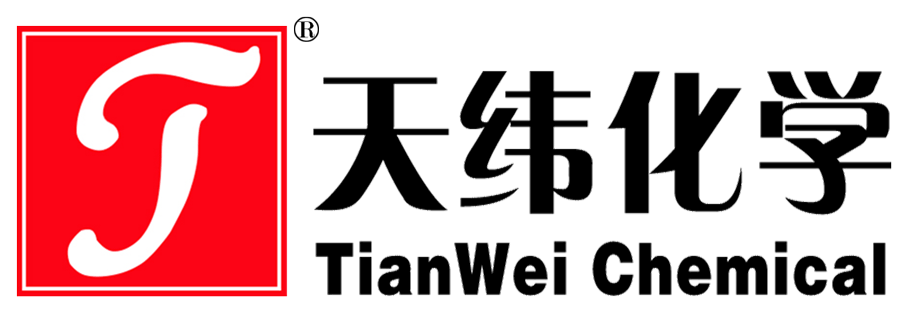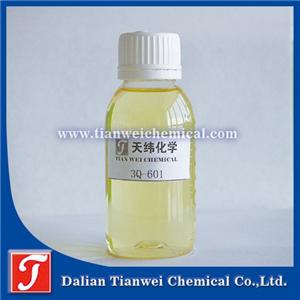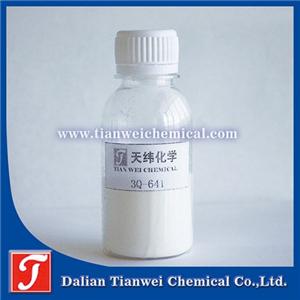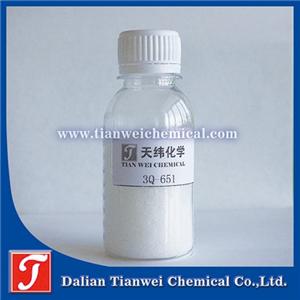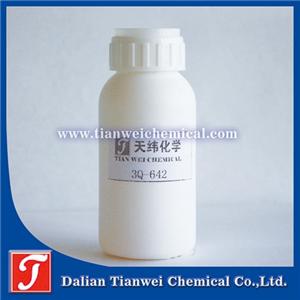Product News
-
Excellent performance of bactericidal and algicidal agents
The 3Q-101 bactericidal algaecide produced by Dalian Tianwei Chemical has a broad spectrum bactericidal action, which can inhibit bacteria, fungi and mold at the same time
01-06-2023 -
Stability and reactivity of IPBC
25-05-2023 -
Application and types of preservatives
Application and types of preservatives: Bacteria are everywhere, such as dust, soil, sweat, air. As long as it meets the right temperature and humidity, it begins to grow and multiply from uneven places. Therefore, the first place to grow mold is generally at the interface, where stitches are made, which is a great harm to the storage and transportation of raw materials and their products. The main function of preservatives is to no longer grow mildew even in the harsh humid environment. Preservatives series of mildew prevention principle: destroy the bacterial cell wall and the enzymes in the cell, so that the enzyme proteins can not participate in the catalytic action, effectively prevent the growth and reproduction of bacteria, preservatives mainly include the following:
24-05-2023 -
The cause of deterioration of metal cutting fluid?
Metal cutting fluid deterioration odor main cause from anaerobic bacteria and oxygen consumption bacteria, oxygen consumption bacteria have a characteristic, in the process of survival and reproduction must have sufficient oxygen, in the absence of oxygen will automatically disappear or unable to reproduce;
19-05-2023 -
The wide range of uses of IPBC
IPBC is a kind of mildew killing compound, added to the pigment, can prevent the growth of mold in storage and make color changes, improve the shelf life of the pigment.
18-05-2023 -
Is the main effective substance of dishwashing liquid preservative kathon preservative?
he main effective substance of dishwashing liquid preservatives is casson preservatives, and the general finished product of dishwashing liquid preservatives is light yellow liquid
16-05-2023 -
Whether the microformaldehyde produced by Bronopol can affect product safety?
Due to hydrolysis, will the microformaldehyde produced by Broball affect product safety?
15-05-2023 -
Mildew and mildew control treatment of medium fiber board
Why does MDF mold? What causes mildew in MDF? How to do mildew of medium fiber board? How does MDF prevent Mildew?
12-05-2023 -
What are the advantages of brominitol?
bronopol is an efficient, broad-spectrum preservative with the following obvious advantages:
11-05-2023 -
Antibacterial Coatings: How to Make Antibacterial Coatings?
What is antibacterial paint? Antibacterial coatings come in the form of solvent-based, water-based or powder coatings. Can make the product surface coating with antibacterial function, inhibit the reproduction of bacteria and fungi. Antibacterial coatings enhance the surface protection of products
09-05-2023
